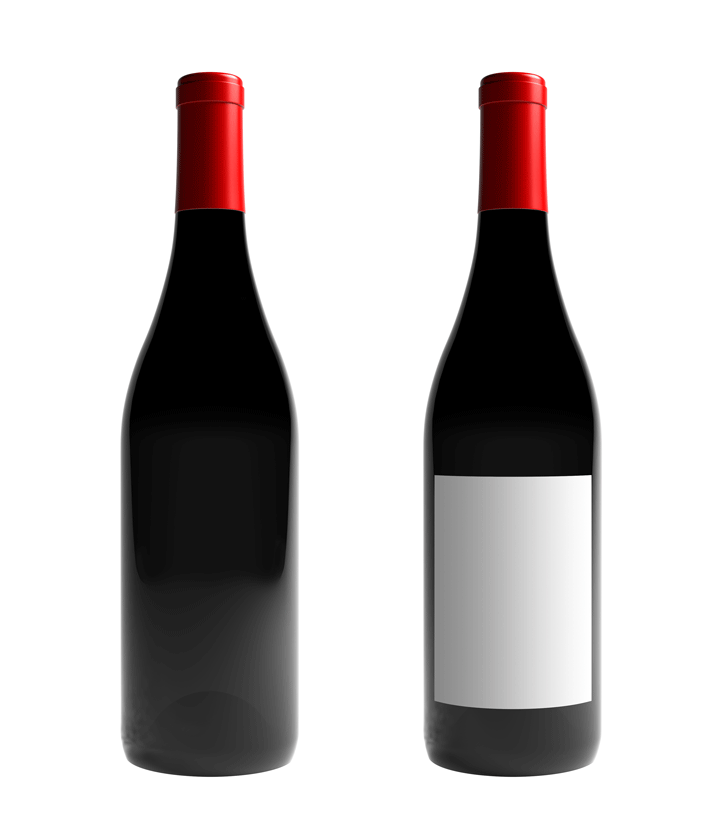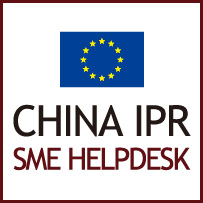 The appetite that China’s middle class consumers have for western foodstuffs is continuing to grow and this includes wine, particularly from Europe. Foreign wine producers traditionally struggled in the Chinese market due to higher prices as a result of shipping costs and import taxes; the China IPR SME Helpdesk says that now that there is more parity with prices for Chinese wine the biggest challenge they face is with counterfeiters.
The appetite that China’s middle class consumers have for western foodstuffs is continuing to grow and this includes wine, particularly from Europe. Foreign wine producers traditionally struggled in the Chinese market due to higher prices as a result of shipping costs and import taxes; the China IPR SME Helpdesk says that now that there is more parity with prices for Chinese wine the biggest challenge they face is with counterfeiters.
Wine. The Greeks designated this sacred beverage its own deity and the Catholic faith honours it as part of the sacred rite of Eucharist. Today, the history and quality of less ancient vintages has created a thriving trade around the world.
Making up the majority of what the wine industry now calls the ‘Old World’, Europe combines a rich history of viticulture and winemaking with modern technological innovation. Europe’s love of wine has proved especially infectious to developing palettes in East Asia, and over the last few years China’s consumption has surged, overtaking France as the largest consumer of red wine worldwide. That being said, potential for growth remains in China as it currently lags behind other nations in terms of individual consumption: in 2013, France’s 51.9 litre per capita consumption dwarfed China’s mere 1.5 litres.
Europe’s old guard wineries seem to be well-poised to capitalise on this growth: they have spent hundreds of years perfecting their craft, and European ‘old world’ wines are highly sought after around the world. This reputation precedes them, and, as a result, Chinese consumers primarily turn to Europe to slake their thirst for foreign wines – the Middle Kingdom relies on European imports for 65 per cent of its foreign wine trade. French reds are a particular favourite, with 48 per cent of China’s imported wines starting life on French vines, although wines produced in Germany, Spain and Italy also enjoy considerable popularity among Chinese consumers.
However, despite the strong image that European wines enjoy in China, Chinese consumers still display a preference for domestically produced wines – more than 80 per cent of the wine consumed within China is produced by China. According to independent critic and wine expert Jancis Robinson, it is certainly not quality that accounts for this disparity. Robinson, who has routinely visited China over the last decade to sample the country’s developing vintages, says that though Chinese winemaking has improved greatly in recent years, most producers still lag behind the established vines and vintners of Europe in terms of quality.
There is of course something to be said for the effect of price on consumption. However, while historically European wines have been more expensive than their Chinese competitors due to import taxes and shipping costs, prices are now falling in line with many Chinese brands. With this barrier lowered, the simple truth is that European wine brands are suffering irreparable reputational damage among Chinese consumers due to rampant acts of counterfeiting.
In vino veritas?
Almost undetected, the Chinese wine market has become awash with fakes over the last few decades. Counterfeit investigations specialist and attorney Nick Bartman has over 25 years’ experience in investigating counterfeiting and shutting down infringers, and has spent the last six years tracking down wine counterfeiting in China. His investigations have turned up an astonishing volume of counterfeit wines ranging from cheap knockoffs sporting absurd claims—such as a French Bordeaux purportedly produced by a chateau in Luxembourg—to far more sophisticated fakery which even the actual producers have trouble detecting.[1]
Bartman and other experts in the field estimate that as many as one in three bottles of purportedly ‘foreign’ wine in China is fake.[2] Inevitably, even the best fakes fall below the standards of quality that would be expected of European wines, which severely damages the reputation of European producers among Chinese consumers.
Due to a lack of understanding of the Chinese IPR environment, and a resultant failure to act early to counter this tsunami of illicit labelling, the European wine industry now faces the daunting task of tackling an established and sophisticated web of infringers, or risk losing valuable ground in a rapidly developing market.
A framework for action
Despite the seemingly grim state of counterfeiting in the Chinese wine market, European producers are not without recourse. Chinese legislators have been steadily building a comprehensive legal framework for IPR protection and enforcement over the past few years: despite a prevailing negative opinion in the West of IP protection in China, the mechanisms for registration, protection and enforcement are actually more accessible to European wine makers than many believe.
Furthermore, Chinese authorities themselves are especially keen to crack down on counterfeiting of wine, motivated by legal as well as health concerns. Much of the liquid found within counterfeit bottles is of substandard quality or has been found to be ‘frankenwine’ – wine that has been produced entirely by chemical and laboratory methods, never seeing a grape, let alone a European vineyard.[3]
Despite having ready allies in the Chinese Government and among many Chinese wineries,[4] the European winemaking industry must band together and act promptly on this issue. Our sources in the European wine trade have all reported a reluctant acceptance of Chinese wine piracy. With Chinese counterfeit wines now leaking to the West, however, it is crucial that producers act to stem the flow. European producers must take the fight to the infringers and work with the local authorities to assert their rights on Chinese soil.
For advice on how to put together your IPR protection strategy in China. Get in touch with our Helpdesk experts for free, tailored advice for your business.
 The China IPR SME Helpdesk is a European Union co-funded project that provides free, practical business advice relating to China IPR to European SMEs. To learn about any aspect of intellectual property rights in China, including Hong Kong, Taiwan and Macao, visit our online portal at www.china-iprhelpdesk.eu. For free expert advice on China IPR for your business, e-mail your questions to: question@china-iprhelpdesk.eu. You will receive a reply from one of the Helpdesk experts within three working days. The China IPR SME Helpdesk is jointly implemented by DEVELOPMENT Solutions, the European Union Chamber of Commerce in China and European Business Network (EBN).
The China IPR SME Helpdesk is a European Union co-funded project that provides free, practical business advice relating to China IPR to European SMEs. To learn about any aspect of intellectual property rights in China, including Hong Kong, Taiwan and Macao, visit our online portal at www.china-iprhelpdesk.eu. For free expert advice on China IPR for your business, e-mail your questions to: question@china-iprhelpdesk.eu. You will receive a reply from one of the Helpdesk experts within three working days. The China IPR SME Helpdesk is jointly implemented by DEVELOPMENT Solutions, the European Union Chamber of Commerce in China and European Business Network (EBN).
[1] As wine counterfeiting gets more sophisticated, the industry fights back, Daily News, 9th December, 2013, viewed 11th May, 2016, <http://www.nydailynews.com/life-style/eats/wine-counterfeiting-sophisticated-industry-fights-back-article-1.1542562>
[2] Bartman, Nick, Fighting fakes in China – part 2, 5th November, 2013, viewed 11th May, 2016, <http://www.jancisrobinson.com/articles/fighting-fakes-in-china-part-2>
[3] Ibid.
[4] Massive Chinese Counterfeit Wine Ring Busted with 7,000 fake cases, The Wine Cellar Insider, viewed 11th May, 2015, <http://www.thewinecellarinsider.com/2013/08/massive-chinese-wine-counterfeiting-ring-busted-7000-fake-cases/>


Recent Comments